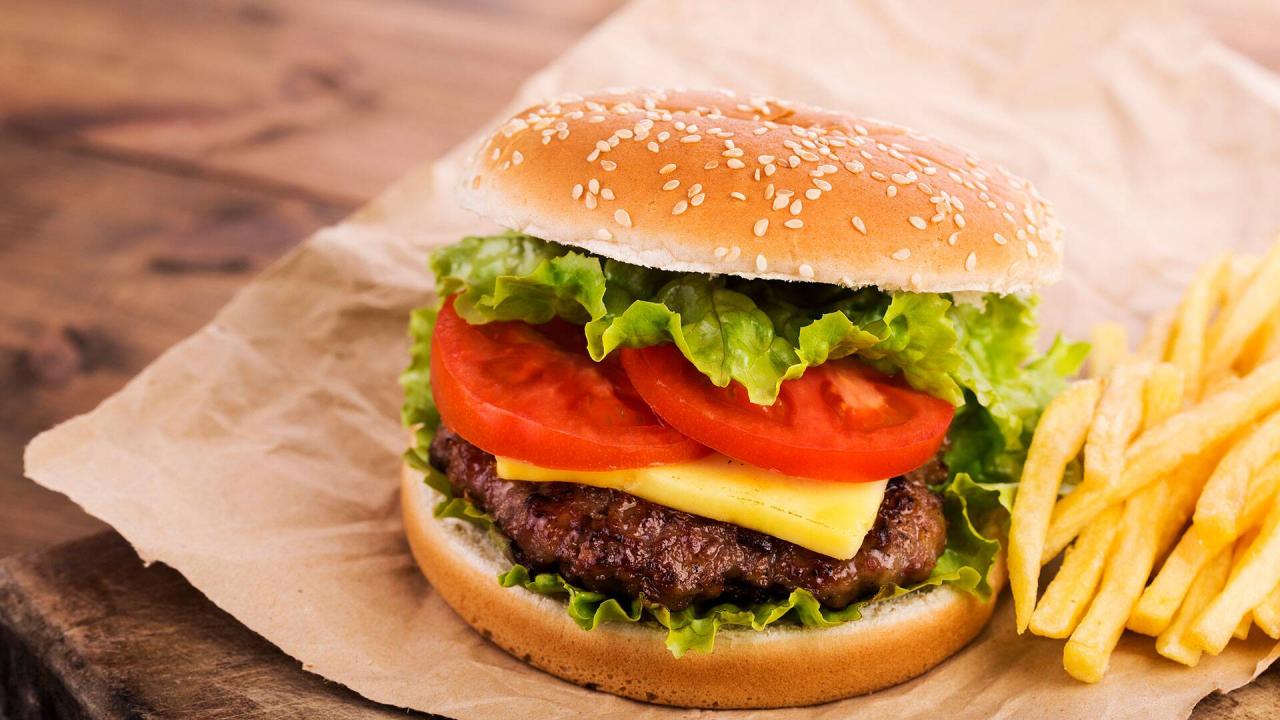Foods That May Make You Hungry
In his new book, The 20/20 Diet: Turn Your Weight Loss Vision into Reality, Dr. Phil highlights some common foods that may make you hungry: Did you...
In The 20/20 Diet: Turn Your Weight Loss Vision Into Reality, Dr. Phil shares the results of a national survey on the most common reasons why people say their diets have failed. Find out seven rebellion triggers you’ve probably encountered in past diets, and how The 20/20 Diet can help you overcome them.
If you’re fighting a weight problem, you’ve probably been overweight for a long time, and you’ve probably tried to lose it more times than you can remember. I conducted a national survey of my viewers, social media followers, and others that garnered thousands of responses, and now we’ve all got the opportunity to learn from each other’s histories. I found out that 40.3 percent of you have lost weight on diets and gained 100 percent of it back within 90 days to one year. I really wanted to know — why do people fail on diets so much of the time? So we asked people what got in their way. Sure enough, I found seven reasons why people failed to lose weight that I thought I could help you with in this diet. Here they are:
1. Hunger
You get tired of feeling hungry all the time. So you rebel.
Foods That May Make You Hungry
2. Cravings
You consistently crave certain tastes like salty, sweet, or tart. So you rebel.
3. Feelings of restriction
You feel like you can’t eat out, go anywhere, or do anything because you’re on a diet. Plus, you’re so panicked about what you can and can’t eat and when you should or shouldn’t eat it that your focus on food becomes all-consuming. So you rebel.
How to Splurge without Derailing Your Weight Loss
4. Impracticality and expense
Between your job, the kids, stress, and life — you feel like you just can’t get it all done and stick to a diet, especially one that’s too complicated, expensive, and requires you to count calories or nutritional values. So you rebel.
5. Boredom
You get sick of eating the same foods day in and day out. So you rebel.
How to Curb Emotional or Habitual Overeating
6. Temptations
Because your environment isn’t fail-safe, you are overwhelmed by your desire for the tempting food all around you. So you rebel.
7. Inconsistent Results and Plateaus
You get discouraged because the weight loss is not consistent. Or you lose weight for a while but then your progress comes to a screeching halt. So you rebel. Now, that’s a lot of rebellion! I knew if you and I were going to get along, then I had to solve these seven problems for you. I had to design a plan that would not be sabotaged by these seven flaws that have caused many others to fail to reach their weight loss goals. And that’s exactly what this diet is designed to do. I knew that if you were going to succeed, this diet had to find solutions to these seven “rebellion triggers” so that your experience would include:
Decreased hunger
Decreased cravings
No sense of restriction
A diet you can live with
No boredom
A no-fail environment
Consistent weight loss and a system to help you address plateaus
Research continues to provide us with important new theories about how certain foods and activities affect our bodies and brains. In the 20/20 diet, you will be eating 20 key foods called the 20/20 Foods, which developing research suggests may:
Increase your body’s thermogenesis.
Help you feel fuller when you eat them so that you feel satisfied and you’re not leaving the table hungry. If you are so hungry your stomach is barbequing your ribs, guess what? You will rebel! If you don’t feel that way, you won’t.
Have a “time-release” effect, which means they can help you feel full for longer after eating them, so you’re not starving to death and craving every doughnut you see.

A typical user of the Dr. Phil 20/20 Diet Plan can expect to lose about one to two pounds per week. The 20/20 Diet is available everywhere books are sold!
Read an excerpt!

In his new book, The 20/20 Diet: Turn Your Weight Loss Vision into Reality, Dr. Phil highlights some common foods that may make you hungry: Did you...

When you use Dr. Phil's 7 keys, you begin to: rid yourself of wrong thinking, heal yourself of emotions standing in the way of a healthy relationship...

In order to have behavioral control over your eating, you need to know which foods work against you by promoting mindless, uncontrolled eating, and...